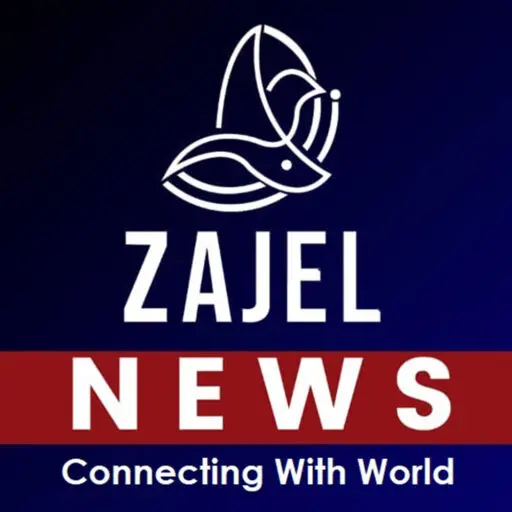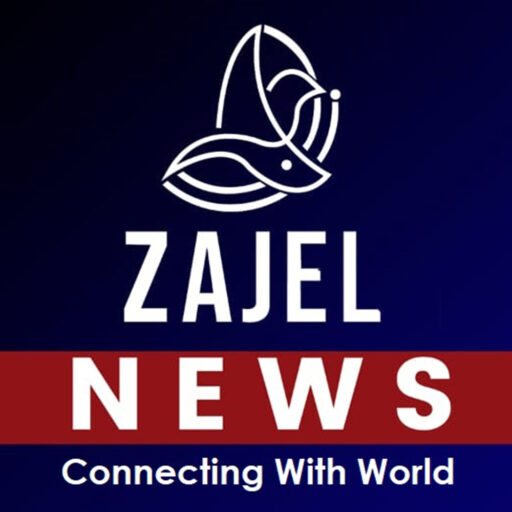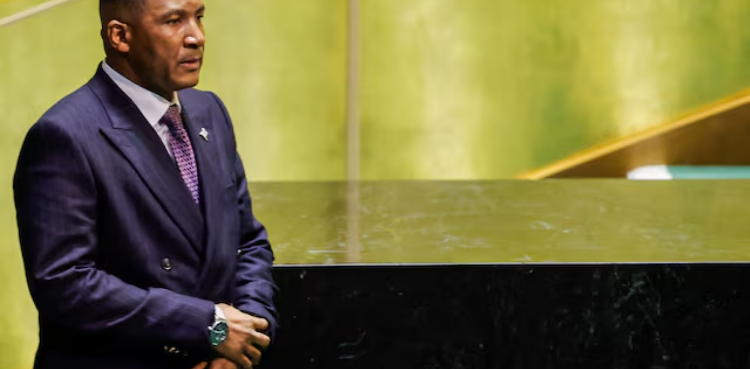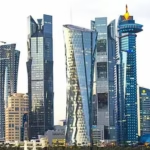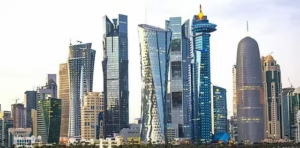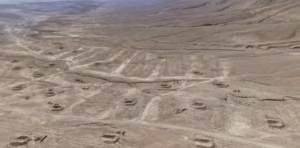This year, Botswana’s budget has been limited because of a protracted decline in the world diamond market. By value, it is the top producer of diamonds worldwide. In a statement, Boko stated, “This citizenship program will enable us to continue to secure the long-term financial future of Botswana.” According to the announcement, the new initiative will generate money to support the nation’s tourism, renewable energy, mining, and financial services sectors, as well as the housing market, among other key needs. The amount of money needed to become a citizen has not yet been determined. Last year, Botswana’s economy shrank by 3%, and the government predicts that the decline in diamonds would bring another contraction in 2025.
When the country’s medical supply chain collapsed in August, Boko proclaimed a public health emergency. To promote economic diversification, provide employment, and oversee state enterprises, the southern African nation established a new sovereign wealth fund in September. Under a memorandum of understanding, Botswana has hired Arton Capital, an investment migration consultancy, to launch the citizenship program. In other events, lawmakers in Cambodia enacted a law in August 2025 that allows citizens to lose their citizenship if they conspire with foreign governments. Rights groups believe this law may be used to suppress dissent. The bill was approved by a unanimous majority of the 120 members of the National Assembly, including Prime Minister Hun Manet.
Rights observers have long charged that the government of Cambodia suppresses legitimate political discourse and dissent by enforcing harsh legislation. The rule “will have a disastrously chilling effect on the freedom of speech of all Cambodian citizens,” according to a statement released on Sunday by a coalition of 50 rights groups. “It is simply unacceptable that this ambiguously worded law could be abused to target individuals based on their activism, speech, political beliefs, or ethnicity,” it continued.

